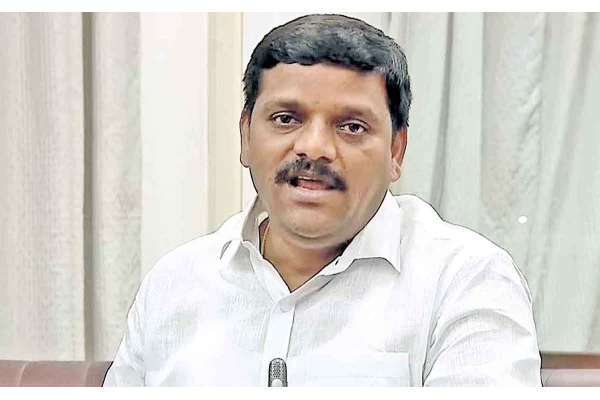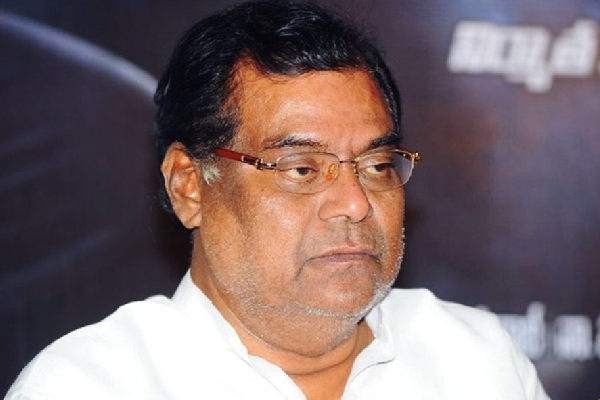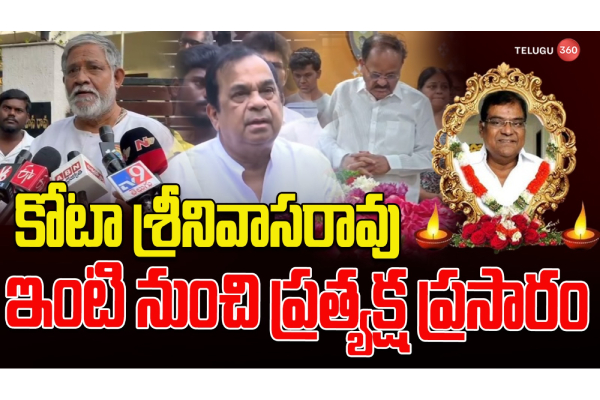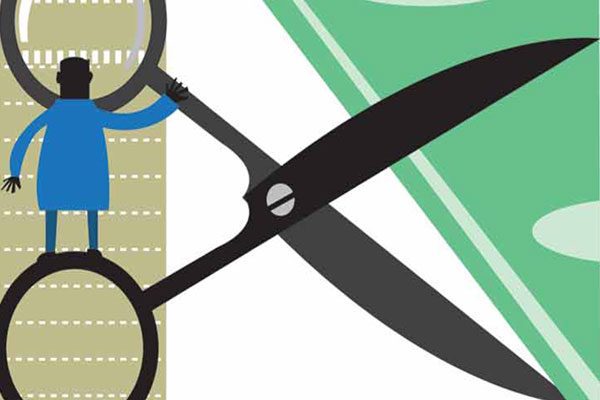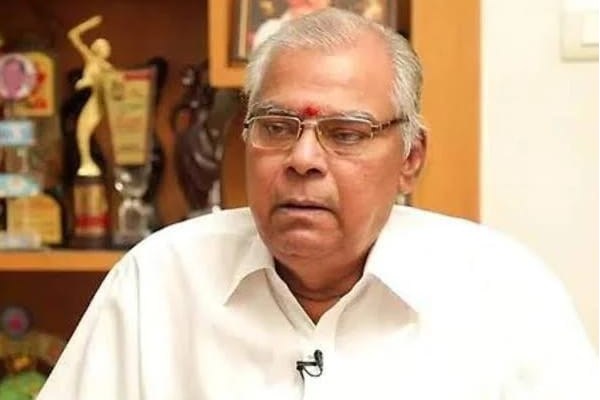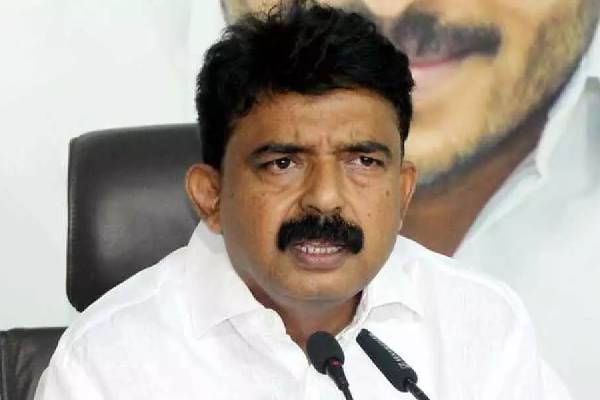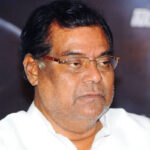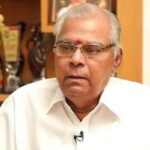India is becoming the world’s leading tax haven. One proof of this is that the Annual Budget is pushing Indians into a cesspool of taxes which have a cascading effect on inflation. From 1990-91, India has always had some surcharge and cess even though the marginal income tax rate has been lowered from 50 per cent to 30 per cent now. The Congress-I imposed surcharge/cess of 12 per cent from 1990 Budget onwards then subsequent governments withdrew it from 1994-95 until the BJP government revived them to 10 per cent in the 1999 budget.
In 2000-1, the NDA government imposed 10% surcharge on Income Tax with a raise of upto 15% for higher slabs alongwith 2% cess for Gujarat Earthquake. That cess continued for 2001-2, then 5% surcharge was imposed for 2002-03; a 10% surcharge on incomes above Rs.8.5 lakhs got imposed for two consecutive years, 2003-04 and 2004-05 before they were voted out of power. Not to be taken lightly, the UPA-I government pared the surcharge to 2.5% for incomes above Rs.10 lakh. In 2004, Education cess was first imposed as surcharge for use by the union. This was levied to fulfil the commitment of the central government to provide finance to spread the quality of basic education. In 2006-07, they hiked the surcharge to 10% and introduced 2% education cess more called the secondary and higher education cess – to fulfil the central government’s commitment to provide finance for secondary and higher education. This became 3% cess for the years 2007, 2008, 2009 and 2010. There was a relief in 2011-12 from education cess but it came back since 2012-13.
After this came the Swach Bharat cess of 0.5% on taxable services paying service tax last year. And now comes the Krishi Kalyan cess of additional 0.5% w.e.f June 1 on service tax of 14% impacting all taxable services. In addition to these cesses, it pinches the tax payers that for many years since the coverage of excise, customs and service tax has gone up, there were innumerable occasions where additional duties were levied on various items from crude petroleum, bidis, rubber, tea, coffee and tobacco to high speed diesel etc.
It is interesting to note that while the nation awaits GST the dependence on service tax has gone up significantly to around 11 per cent (Excise Duty is still close to 17 per cent, Customs Duty another 17 per cent, with direct taxes taking upto 55 per cent. That means the onus on cess is slowly shifting from the Personal and Corporate Income Taxes to the Indirect taxes like Service Tax and Excise Duty over the years as and then a new cess is introduced. According to the submission of the Joint Working Group on the much-awaited Goods and Service Tax, it was laid out that GST once imposed should subsume all the indirect taxes on supply of goods or services. That means, all the various additional duties, surcharges and cesses currently imposed will have to be rolled back even though some of these levies are earmarked for predetermined purposes like Clean India or Higher Education and so on.
While the imposition of cesses and surcharges were earlier imposed on the Personal and Corporate Income Taxes, the burgeoning base of the services tax since the UPA government first imposed has led to the window of cess being fully exploited such that the effect has been more inflationary than what has been when surcharges and cesses were part of Income Tax. It looks unlikely we will have quick respite from these cesses unless the anticipated GST Bill gets passed by the Parliament. Until then, the old rant in a song from “Major Chandrakanth” remains relevant in the minds of Indians as another cess gets effected from today. Like Katta Bomman, the legendary Tamil king who said, “Why should we pay Cess? Have you irrigated lands, pooled the harvest or cleaned the roads?”, Indians will of course have a right to ask what is happening with all the cesses collected on primary and secondary education, Swach Bharat and so on. Hopefully, the farmers’ lot will improve with Krishi Kalyan Cess.





















